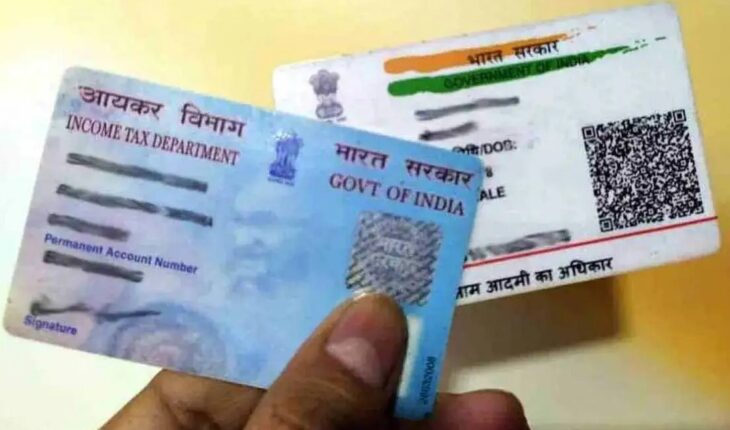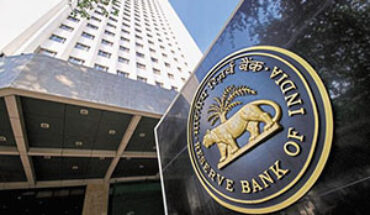The Reserve Bank of India (RBI) has made Aadhaar and PAN cards mandatory for opening bank accounts.
The updated know-your-customer (KYC) requirement, however, will be subject to the final decision of the Supreme Court on making of Aadhaar mandatory, the RBI said in a circular late last night.
Till now, an Officially Valid Document (OVD) for address proof together with Permanent Account Number (PAN) issued by the Income Tax department and a recent passport size photograph were the key KYC documents.
OVD means the passport, the driving licence, Voter’s Identity Card issued by the Election Commission of India, job card issued by NREGA duly signed by an officer of the State Government, letter issued by the National Population Register containing details of name and address.
But in the amended Customer Due Diligence (CDD) procedure, RBI said, “The Aadhaar number, the PAN or Form No. 60” need to be obtained from an individual who is eligible for applying for the biometric ID.
The central bank updated its master circular on KYC norms where it omitted various documents that could be used for due-diligence purposes.
The updated circular said Aadhaar and PAN numbers must be quoted for new bank accounts. If these details are not available, the customers would have to provide proof that they have applied for these identification documents within the past six months.
According to the circular, without Aadhaar and PAN numbers, account holders would be assigned ‘small accounts’, which have severe restrictions on transactions and are closely monitored to ensure no foreign transactions take place.
Sources said that the move will facilitate trusted environment for banking services. The RBI has done away with sections relating to the use of other OVD by banks for address and identity proof.
For residents of Jammu and Kashmir, Assam or Meghalaya, who do not submit Aadhaar or proof of application of enrolment for Aadhaar, the bank may obtain a “certified copy of an OVD containing details of identity and address and one recent photograph,” RBI said.






